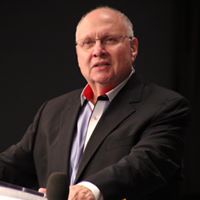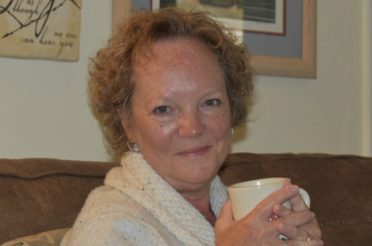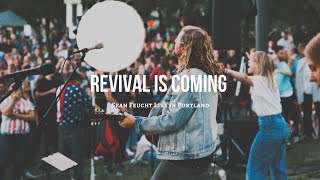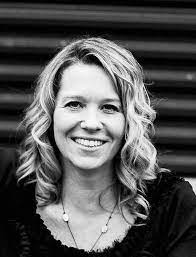By Roger Barbee
In the midst of the COVID-19 pandemic, we are struggling to arrive at a comprehensive plan on how to educate students, from P-K thru college/university. The most thought of plan, distance learning or MOOC, works only when all students have reliable access to the Internet, and for many students in public education, poor or non-existent internet is a fact of life. However, we may not need to “reinvent the wheel.”
Sunrise Semester, a collaborative effort between CBS and NYU, began in 1957. Each morning at 6:30 am a course was offered by an NYU professor. Two courses were offered on alternating days (M-W-F and T-T-S), and Dr. Floyd Zulli, Jr. taught the first course: Comparative Literature 10: from Stendhal to Hemingway. Courses in philosophy, math, science, and more were offered, and until the program ended in 1982 it proved a huge success. According to NYU’s website, 177 students paid $25 per credit hour in the first year to take the first course by television and over 120,000 just watched the lectures for no credit. NYU estimated that the series was seen by nearly two million viewers at its height. In 1962 Mrs. Cora Gay Carr earned her Bachelor of Science of Arts degree from NYU. She had earned 54 of the 128 credits necessary for her degree through Sunrise Semester.
As we debate how we can manage education during the pandemic, distant learning seems to be a viable alternative. But, as mentioned earlier, Internet access is an issue, especially for the P-K thru 12th grade students. Computers may be absent from homes, especially the homes of the less wealthy. But all homes and dormitories have televisions. They are everywhere, so could we not explore television as a substitute for the Internet in order to educate our students?
CBS and NYU managed to work together to bring education into the homes of ordinary citizens. The essayist Phillip Lopate writes how his parents, “lowly textile clerks with no more than high school diplomas”, set their alarm early to hear Dr. Zulli’s course on Stendhal in their Brooklyn ghetto, not for credit, but “for old-fashioned enlightenment.” Surely, with all our television channels and resources, we can find a way to use some of that resource for education.







